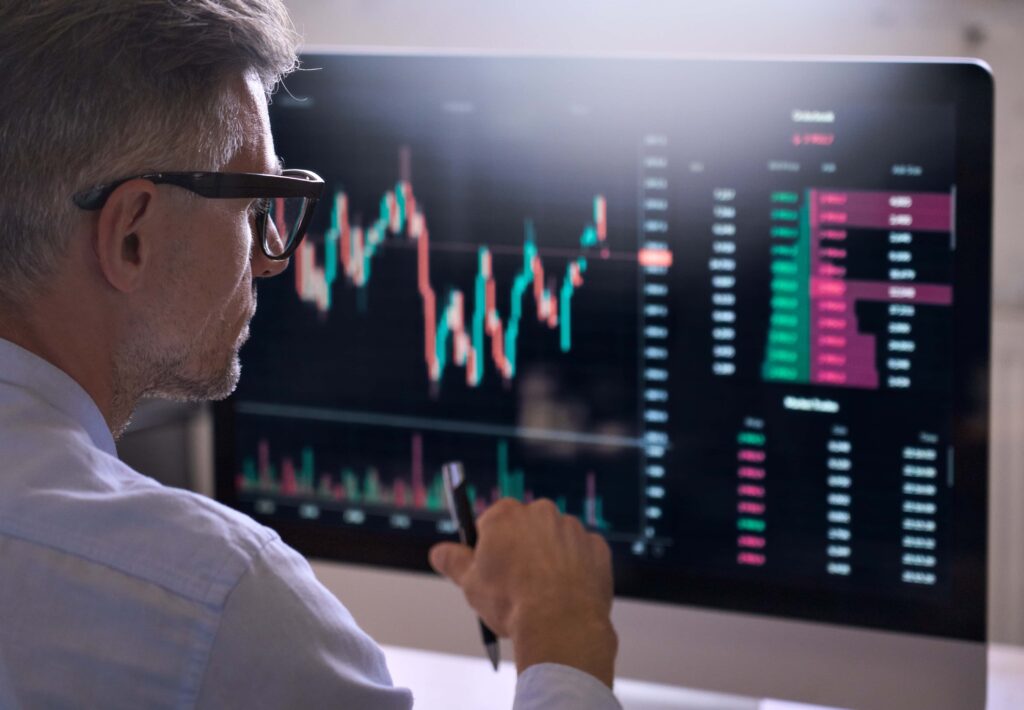Institutional traders play a pivotal role in the financial markets, often moving vast sums of money and influencing market trends. These traders represent financial institutions such as banks, hedge funds, and mutual funds. Their trading activities differ significantly from those of retail traders, both in terms of scale and strategy. This article delves deep into the world of institutional trading, shedding light on its nuances and significance.
Key Takeaways:
- Institutional traders represent large financial entities.
- Their trading activities can significantly impact market trends.
- They often employ sophisticated strategies and tools.
What are Institutional Traders?
Institutional traders are professionals who manage and trade large portfolios on behalf of financial institutions. These can include banks, pension funds, mutual funds, and hedge funds. Their primary goal is to achieve the best possible return on investment for their institution.
Differences from Retail Traders
While retail traders, as discussed on this BrokerExtra article, typically trade in smaller quantities and aim for personal profit, institutional traders handle vast sums of money and have a broader market impact. Their trades can influence market prices, especially in less liquid markets.
Tools and Strategies
Institutional traders often have access to advanced trading tools and research. They might use algorithms, high-frequency trading systems, and in-depth market analysis to inform their decisions. Their strategies can be complex, often involving hedging and diversification to manage risks.
Impact on the Market
Given the large volumes of money they manage, institutional traders can significantly influence market trends.
Price Movement
A large buy or sell order from an institutional trader can move the market, especially if the asset is not highly liquid. This influence can be both short-term, such as triggering stop-loss orders, and long-term, by setting new price trends.
Liquidity
Institutional traders contribute to market liquidity, ensuring that there are enough buyers and sellers for various assets. This liquidity can reduce volatility and improve price discovery.
Market Analysis
Institutional traders often have teams dedicated to market analysis. They use both technical and fundamental analysis to inform their trading decisions. For instance, the VWAP indicator is a tool primarily used by institutional traders to assess market value.

Challenges Faced by Institutional Traders
Despite their influence, institutional traders face several challenges.
Market Impact
Given the large size of their trades, institutional traders need to be cautious to avoid adversely impacting the market. A large sell order, for instance, can drive down the asset’s price, leading to a lower overall return.
Regulatory Scrutiny
Institutional trading activities are closely monitored by regulatory bodies to ensure market fairness. They must adhere to various regulations, ensuring transparency and fairness in their trading activities.
Competition
The world of institutional trading is highly competitive. Traders are always on the lookout for better strategies, tools, and insights to outperform their peers. This constant need for innovation and improvement can be both challenging and rewarding.
The Role of Brokers in Institutional Trading
Brokers act as intermediaries, facilitating trades for institutional traders. They provide access to various financial markets and offer tools and research to aid in trading decisions. Choosing the right broker, as discussed in this BrokerExtra article, is crucial for institutional traders to ensure efficient and effective trading.
Types of Brokers
There are several types of brokers that institutional traders can choose from:
- Full-Service Brokers: Offer a wide range of services, including research, advice, and asset management.
- Discount Brokers: Provide basic trading services at a lower cost.
- Prime Brokers: Cater specifically to institutional clients, offering a suite of services tailored to their needs.
Broker Selection
When selecting a broker, institutional traders consider various factors, including the broker’s reputation, the tools and research they offer, their fee structure, and their regulatory compliance.
Conclusion
Institutional traders play a crucial role in shaping the financial markets. Their activities, strategies, and decisions have a broad impact, influencing market trends and asset prices. By understanding the world of institutional trading, one gains insights into the forces that drive the financial markets.

